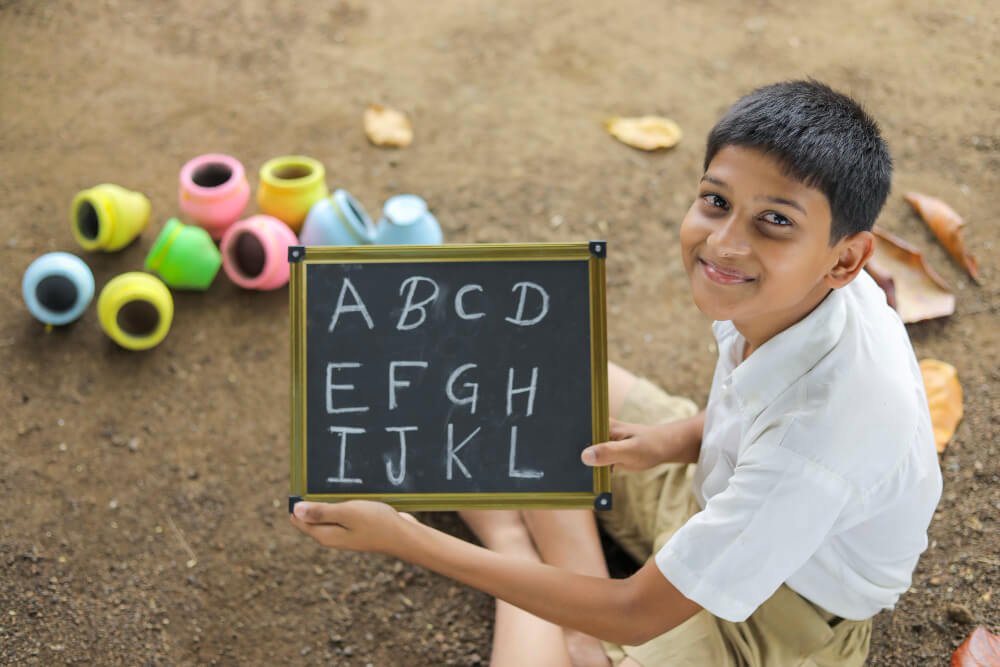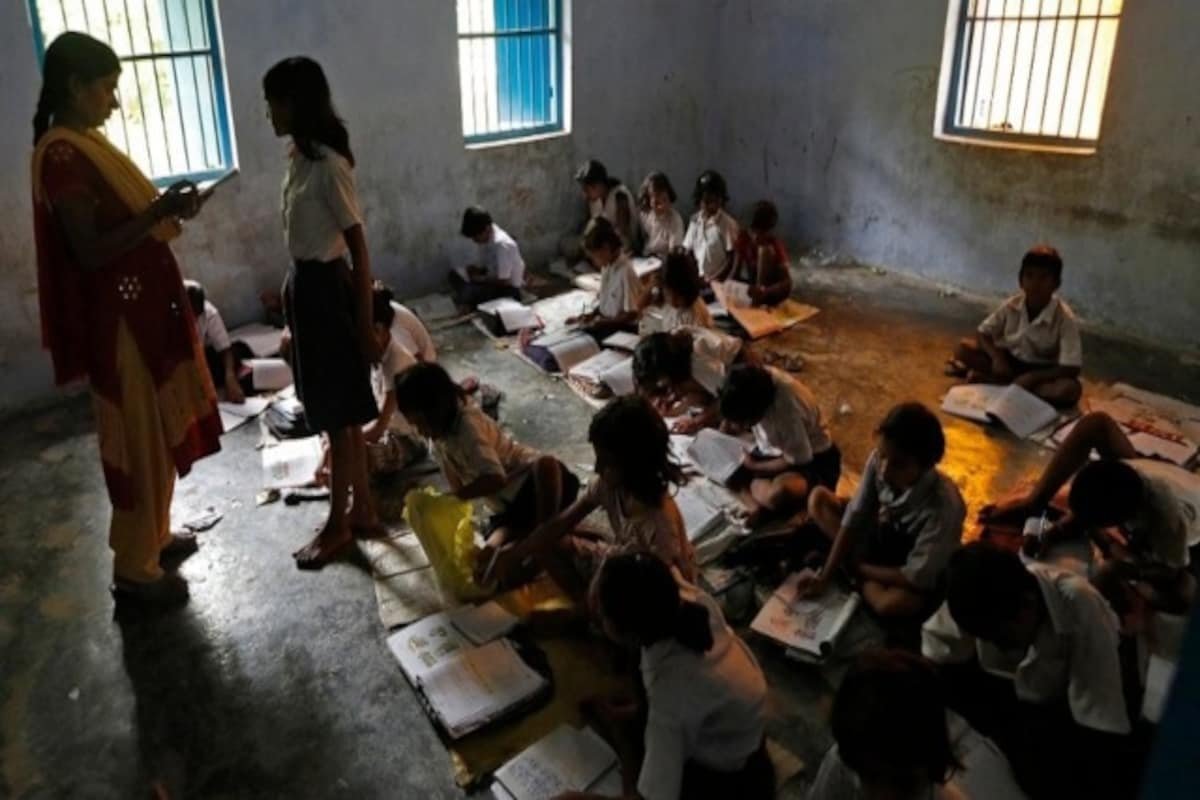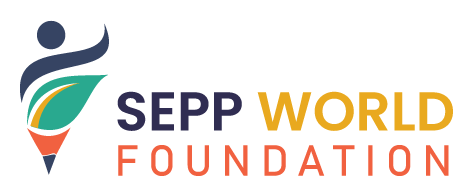Early Child Education

Almost half of the Indian children under the age of three (45%) are stunted. This is a metric for chronic malnutrition, which signifies that such children have been deprived of adequate nutrition for an extended period of time.
More than a fifth (23%) of children under the age of three are squandered. This is a metric for acute malnutrition, which indicates that children have not received adequate nutrition in the recent past or have been severely unwell. (Report by New Philanthropy Capital 2019)
The study conducted by NFHS highlighted the prevalence of underweight, stunted, and wasted children under the age of five were reported to be 35.7, 38.4, and 21.0 per cent, respectively. (NFHS 2015-16).
Sepp World Foundation intends to bridge this huge gap and bring in the necessary healthcare, nutrition, and socio-emotional development for those children who are not receiving the adequate facilities required for early childhood development.
Program Roadmap
- Through the presence of a skilled and experienced team, ensure personalized attention and thorough care at all times.
- Ensure proper nourishment and comprehensive health care for the kid allowing him or her to grow with the vibrancy of a healthy child.
- Ensure that students receive proper high-quality education in either vernacular or English-medium schools.
- Encouraging a rich extracurricular education through regular constructive leisure activities to help him develop his varied soft skills.
Objective
- Providing early childhood healthcare, nutrition, and primary education to about 10,000 children.
- Coordinating with local panchayats or urban local bodies to ensure that the intended care reaches the child and they are able to benefit from it.
- Establishing connection with Ministry of Education, Ministry of Women and Child Development, Ministries of Tribal, Minority, and Social Justice Departments to deliver adequate care and support.
Other Causes

Sustainability of Educational Bodies

Revival and Sustainability of Cottage Industry

Supporting Communities due to Covid-19

Women Entrepreneurship Program
